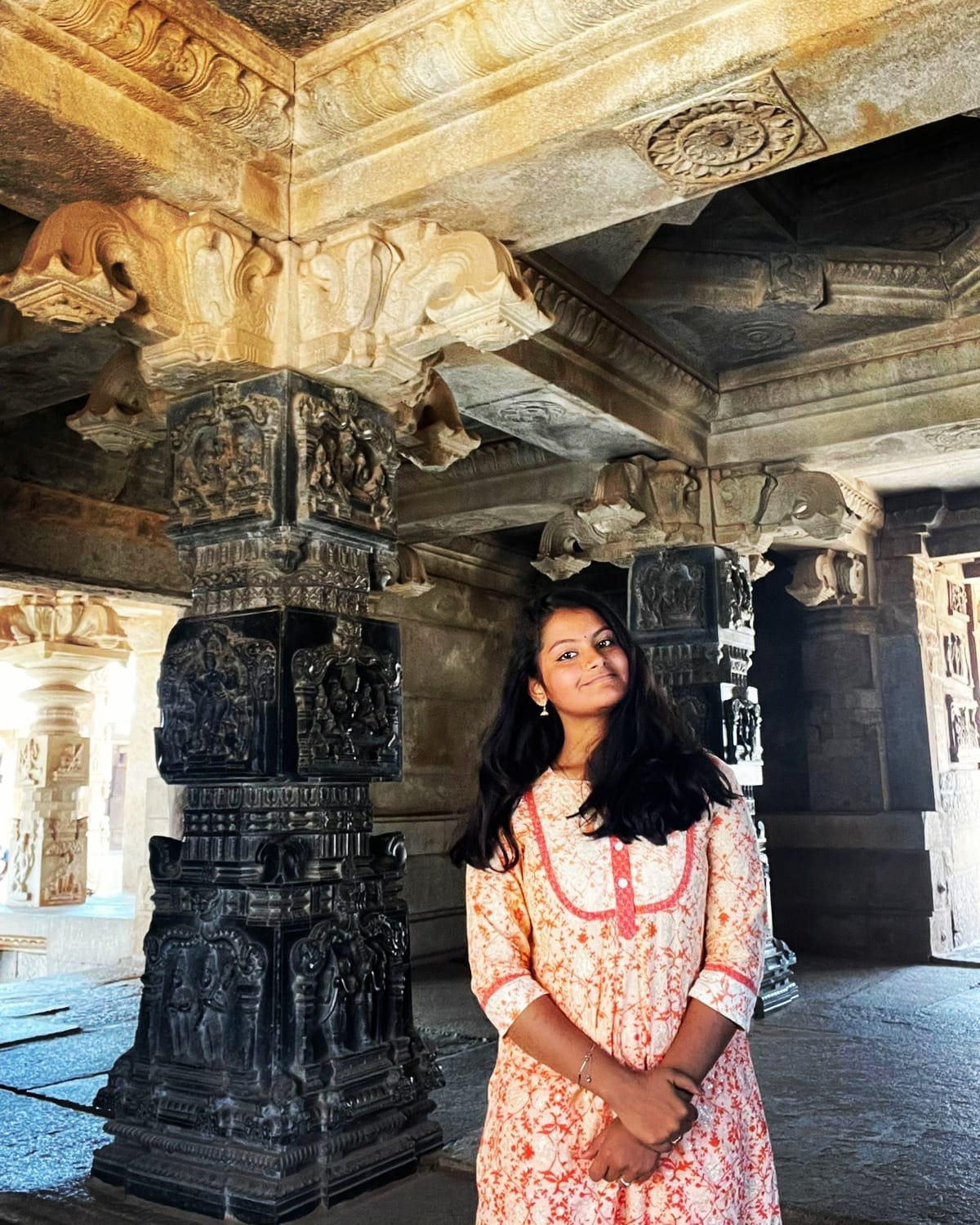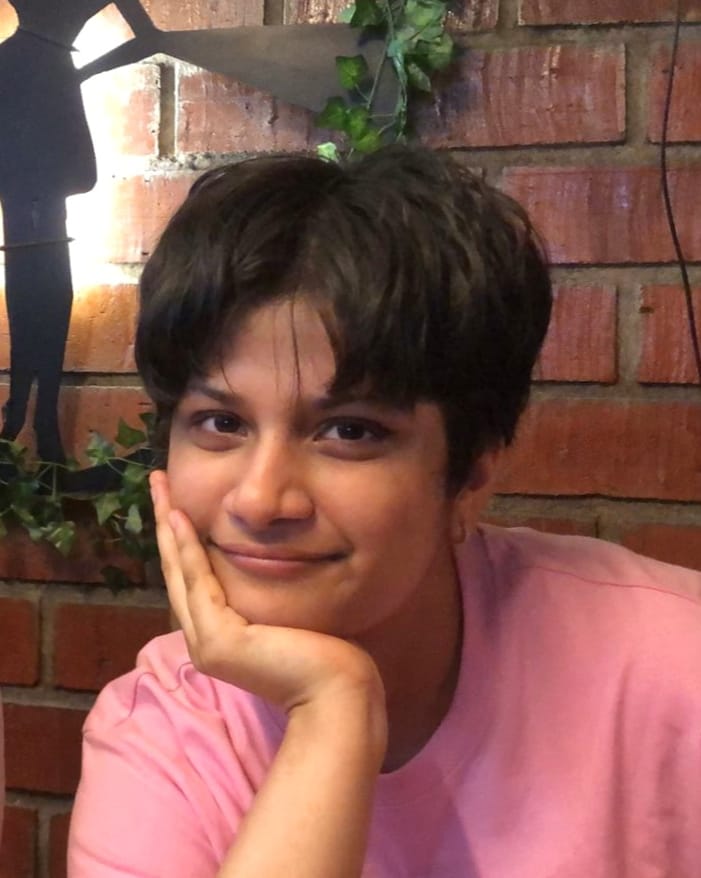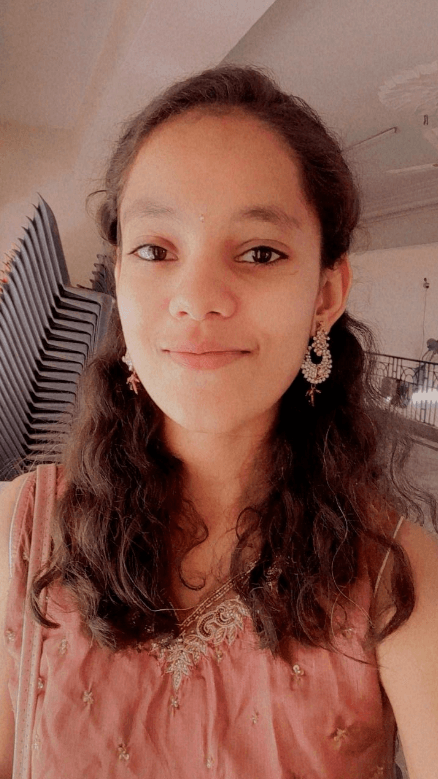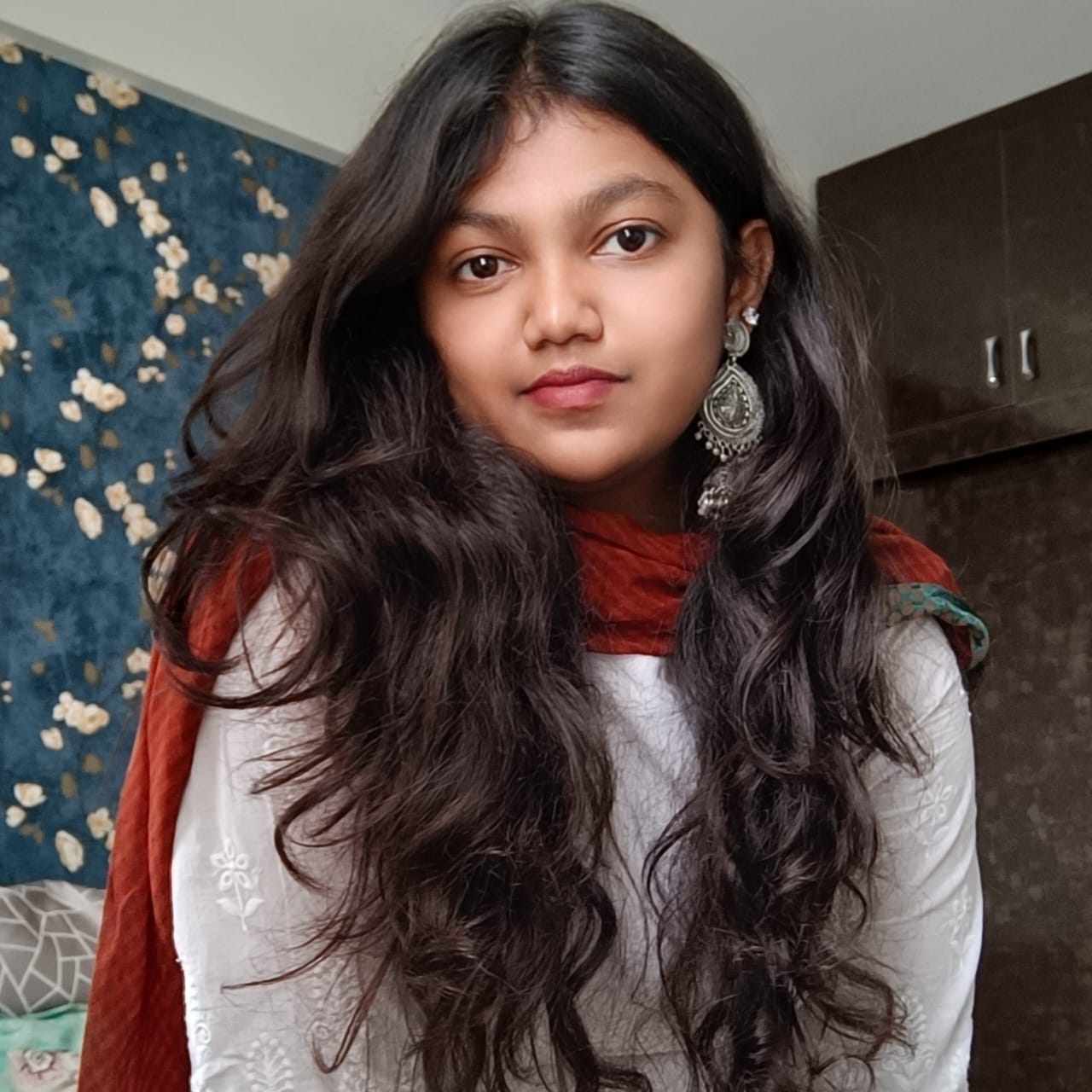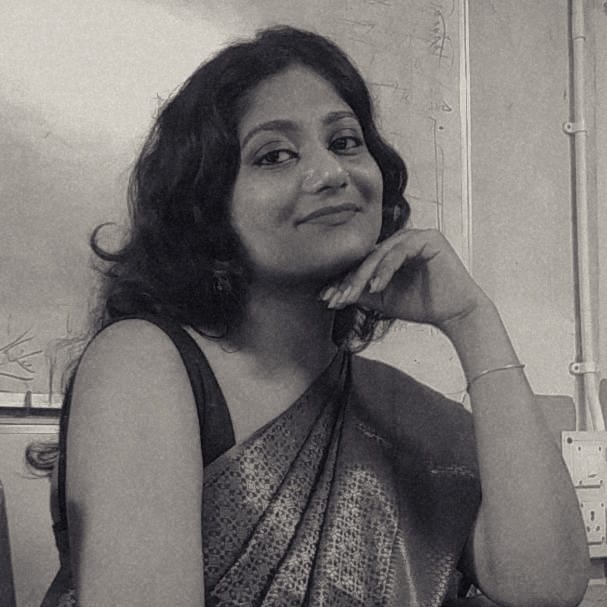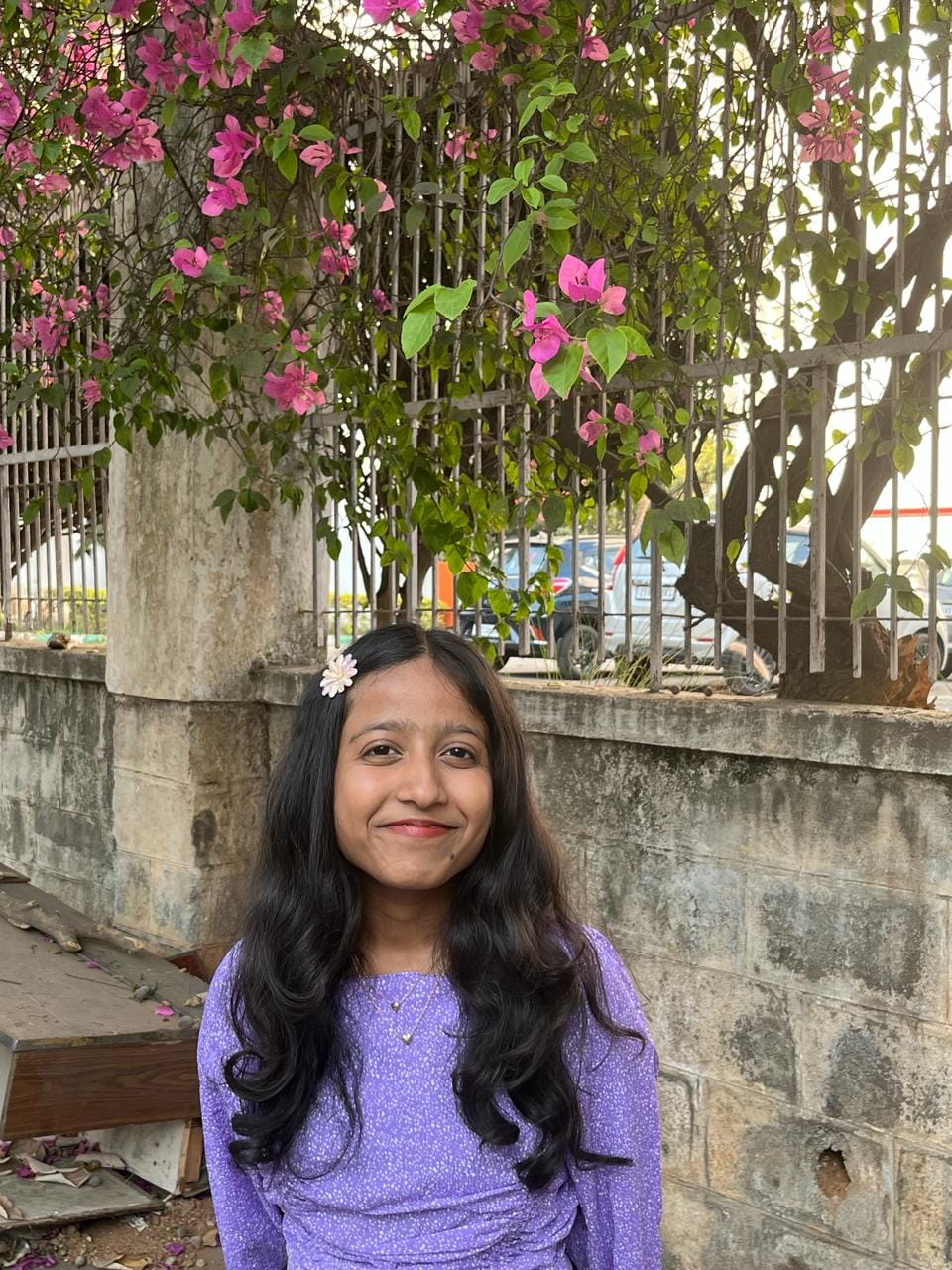Beyond Colouring Books: Play Therapy Techniques for Indian Children

Neha Katti
May 20 , 2024

What is Play Therapy
Play therapy is much more than having fun with children and playing games. Play for children can be compared to their work and serves as an important means of communication and is utilized for learning.
In a safe "playroom" setting, children and adults dealing with emotional or behavioural problems can express their feelings and face their feelings without using words. For kids with PTSD or trauma, it's considered one of the best treatments available.
Play Therapy has several benefits as well, Children can learn improved self-control through play, which also helps reduce unwarranted behaviour. They can learn how to solve problems creatively. Most importantly, by playing, children can connect with their thoughts and feelings and develop empathy and respect for others' feelings. A trained therapist or professional can use this playtime to gain insights into any problems or concerns the child may be facing.
When to Use Play Therapy
Play therapy is useful for people of all ages, but it is most commonly applied to children three to twelve years old. Play therapy could be beneficial in several situations, including:
Dealing with palliative care, chronic disease, or medical procedures
Learning impairments or developmental delays
Problematic actions in the classroom: hostile or irrational conduct
Family problems, such as separation, divorce, or the passing of a close relative
Catastrophic incidents or natural catastrophes
Abuse, neglect, or violence inside the home
Eating, sleeping, grieving, anxiety, and depression
ADHD, ASD
How to Implement Play Therapy
Children and adults have a communication gap of sorts. Children don't have the same language abilities as adults, depending on their age and developmental stage. They have feelings, but frequently they lack a trustworthy adult to confide in or are unable to communicate those feelings to an adult.
On the flip side, adults may misread a child's physical and verbal signs or fail to identify them at all.
Through play, kids discover the world and how they fit into it. They can freely express their innermost thoughts and feelings there. If you know what to look for, toys can take on additional significance and function as symbols.

Photo by Ben Wicks Team on Unsplash
Common Challenges Faced by Children in India
India is a diverse, culturally rich country. Children growing up face a set of unique emotional and psychological challenges. To implement play therapy effectively it is effective to understand these challenges. Children may face, academic pressures, and confusing and complicated family dynamics, due to the collectivistic nature of Indian culture, social expectations and joneses also act as challenges. Finally, due to the diverse landscape of India, economic disparity cannot be ignored even at a young age.
Play Therapy in the Indian Context
While colouring books and other conventional tactics have their place, broadening one's toolbox of play and games can enhance the effectiveness and engagement of therapy. The following are a few effective play treatment methods:
Storytelling
Children can subtly convey their ideas and emotions through the characters and stories they hear or create when they are told stories. With the use of this technique, kids can express their feelings and experiences creatively and safely. The story could either be told to the child and address concerns that provide comfort to the child, or it can be told by the child to understand their inner thoughts and emotions.
Role Playing
By acting out events, role-playing can assist kids in developing social skills and exploring various perspectives. This method works very well for enhancing communication and managing social anxiety. Pretend play can help them explore the various roles and allow them to explore various facets of their personality and different life situations.
Traditional Indian Games: Kho Kho
Play therapy sessions for Indian children can become more interesting and culturally meaningful by including traditional games from their culture. There are, of course, a plethora of traditional games to choose from but let us focus on the benefits of one, kho kho. In the classic Indian tag game Kho-Kho, players must chase and tag one other inside an established space. It enhances strategy, fast thinking, and physical fitness. Kho-Kho's physical components encourage fitness and let off steam, which is especially advantageous for kids with ADHD. The game helps kids improve cognitive skills by requiring them to plan and make quick decisions.
Nurturing Growth through Play Therapy
Spreading information on the importance of play and children's mental health is incredibly important in a country like India, where not everyone has the chance of a secure and safe childhood. By encouraging therapeutic activities at home and creating a supportive environment, parents also play an important part. Heart It Out has a team of qualified therapists who provide comprehensive care, assisting kids in overcoming obstacles and thriving on an emotional and psychological level. When combined, these components support a child's holistic well-being.
Keep Reading
Started reading,
found my glow!
New blogs dropping soon – Sign up!
© EmbraceWell. All rights reserved



